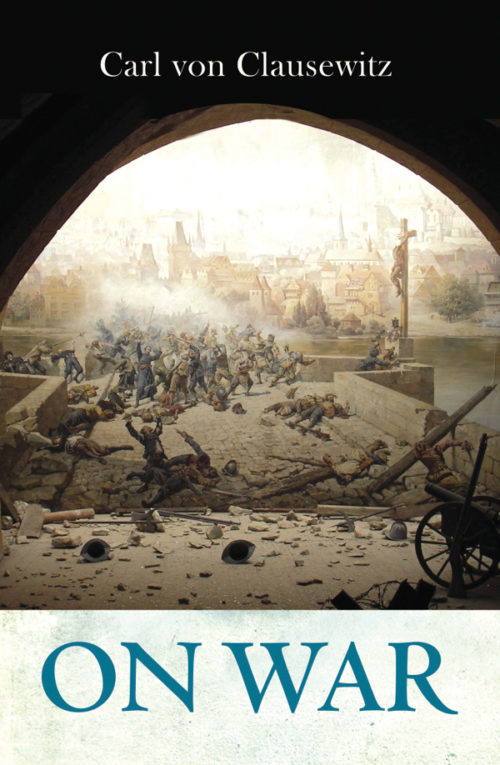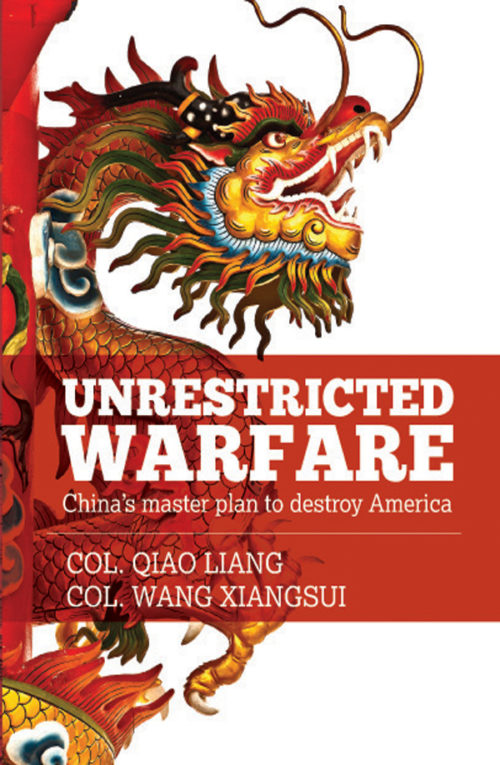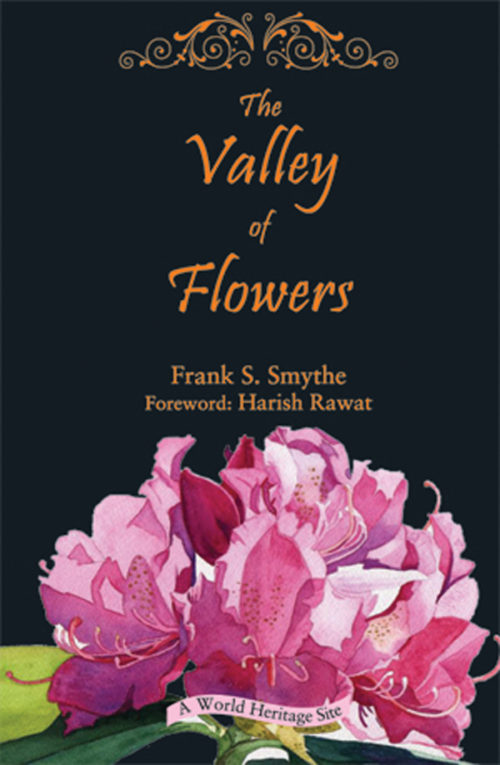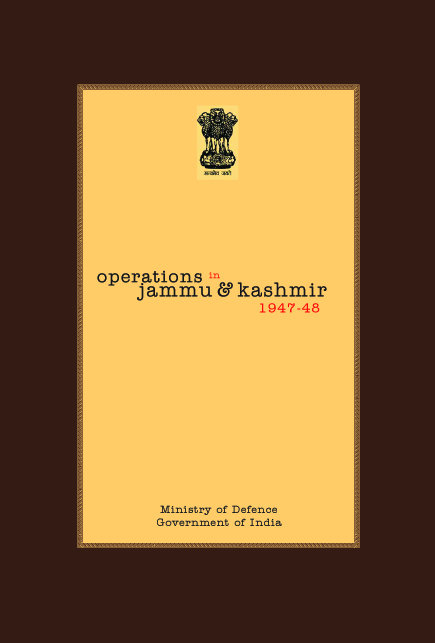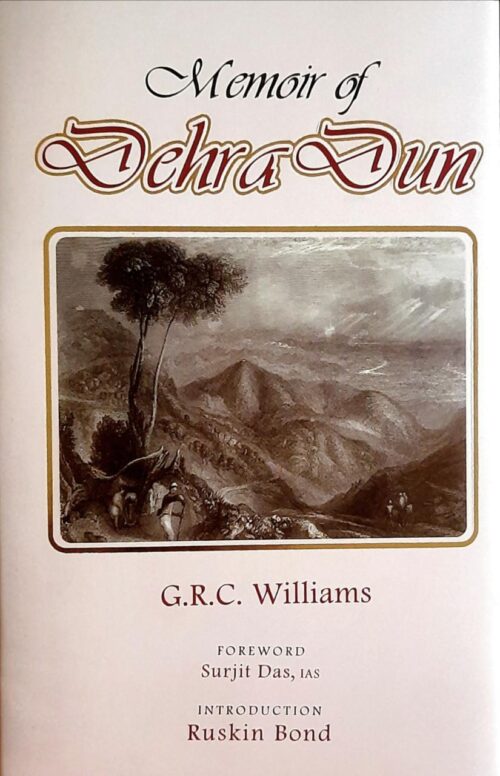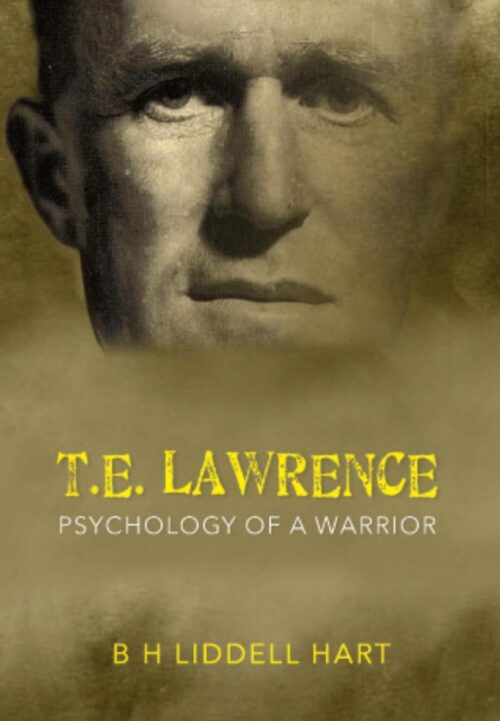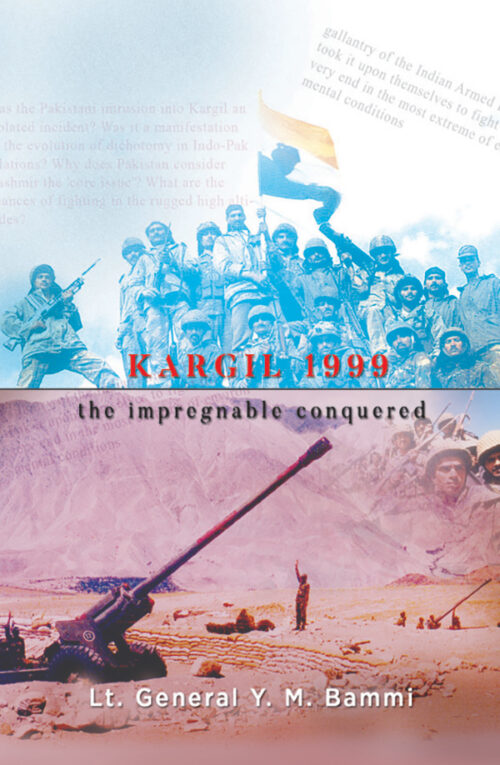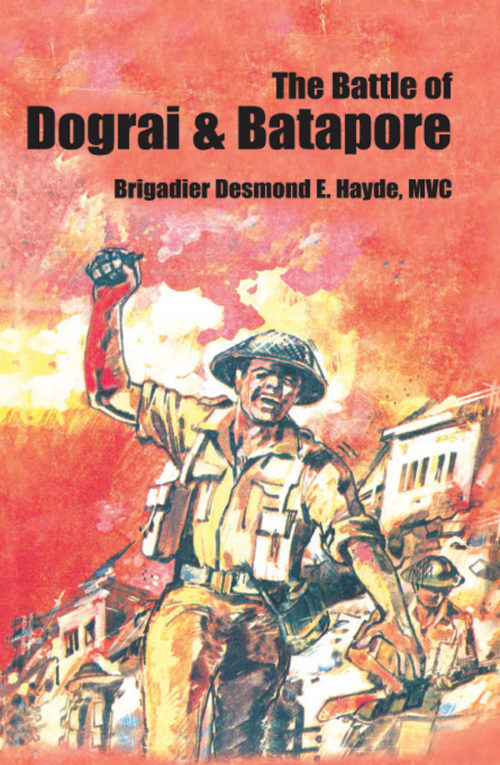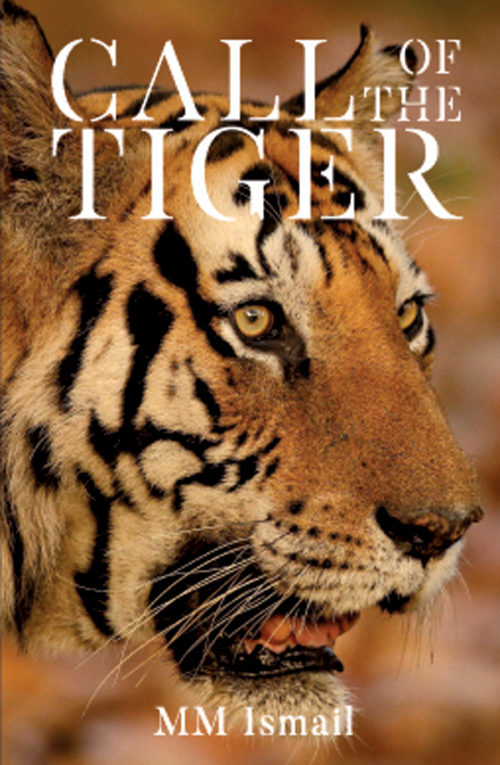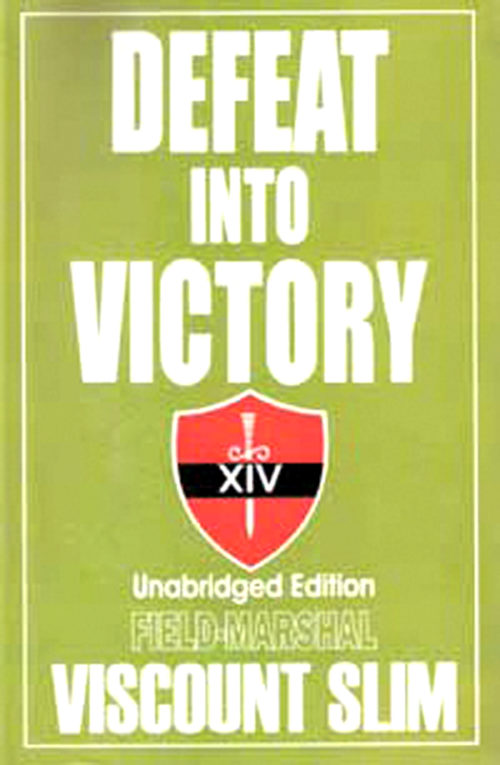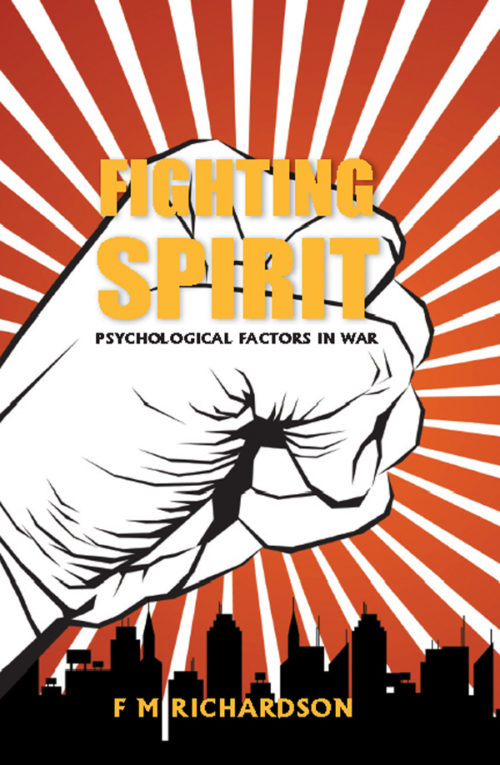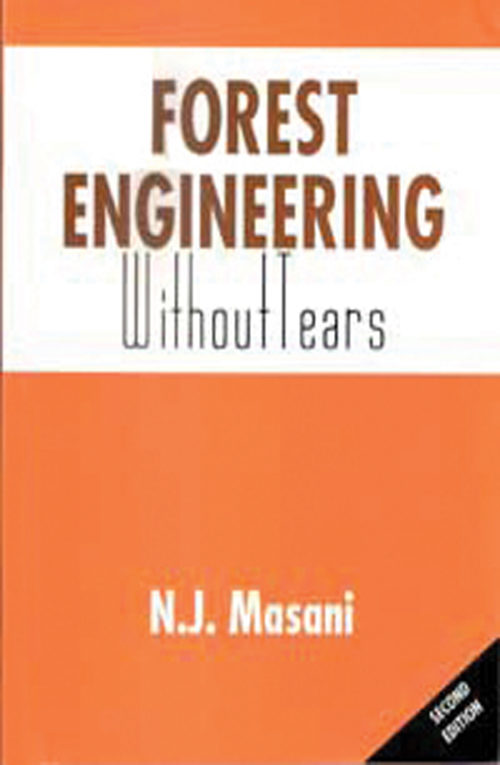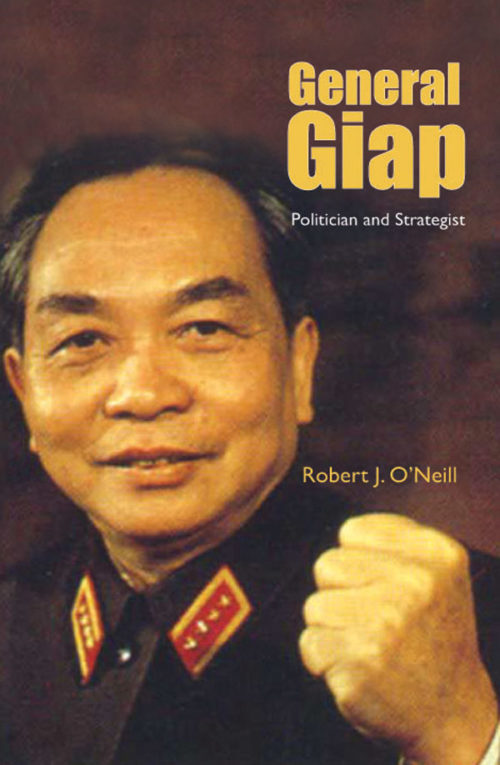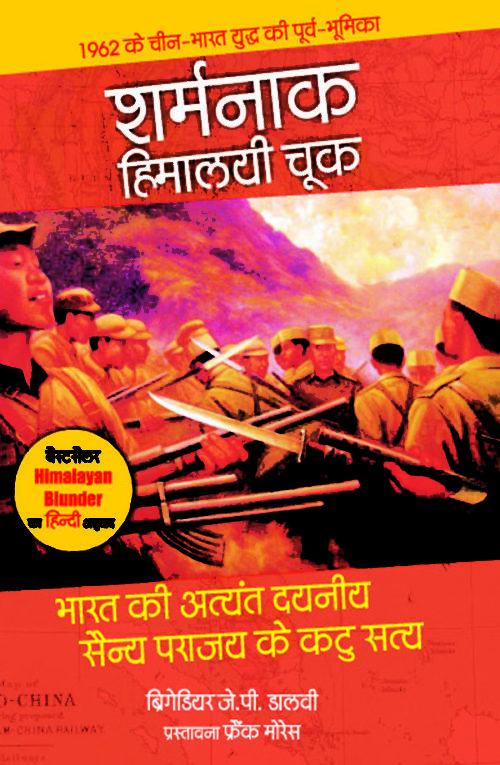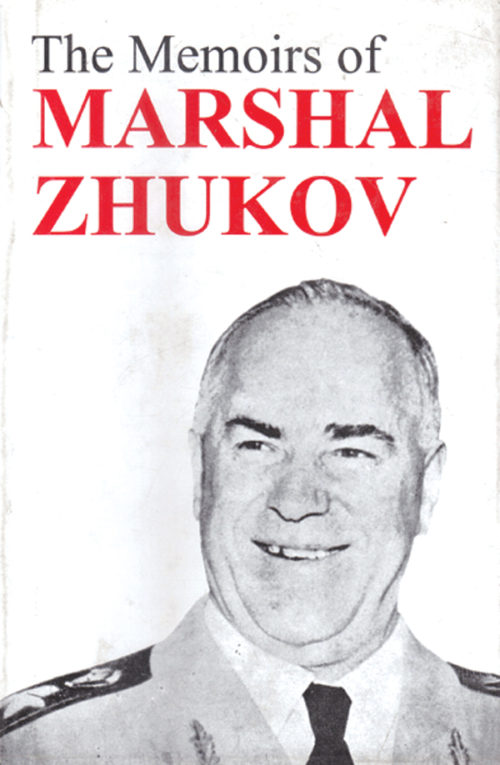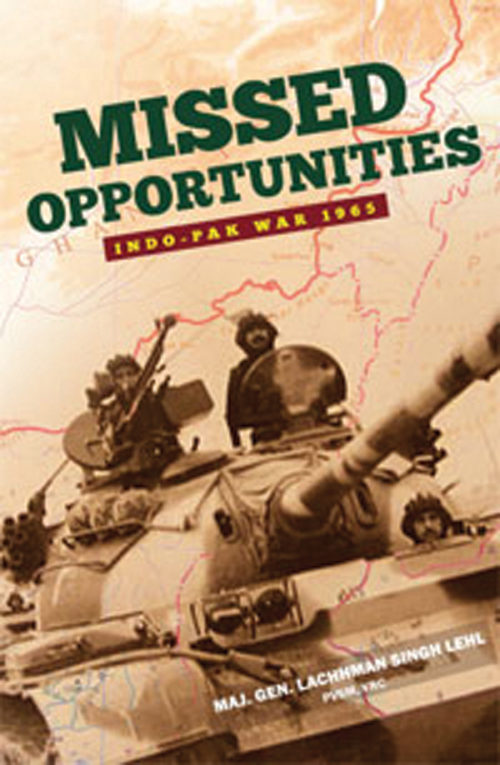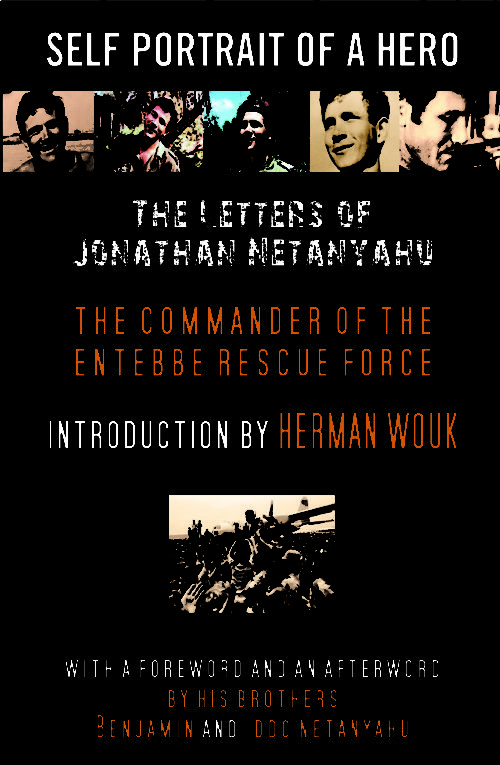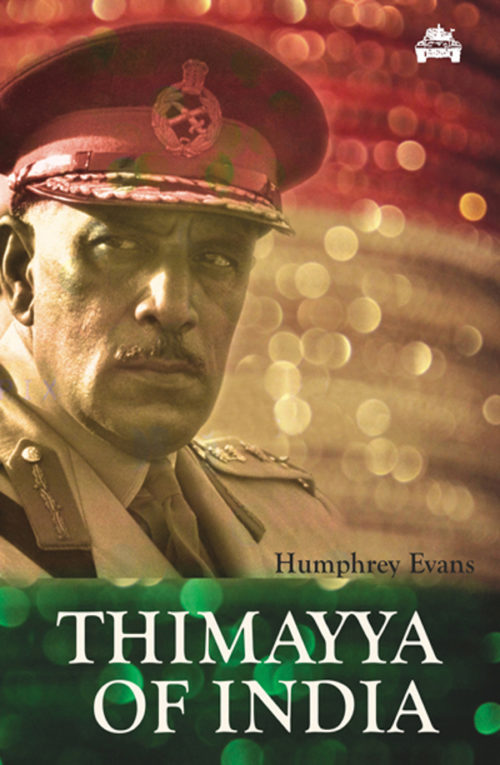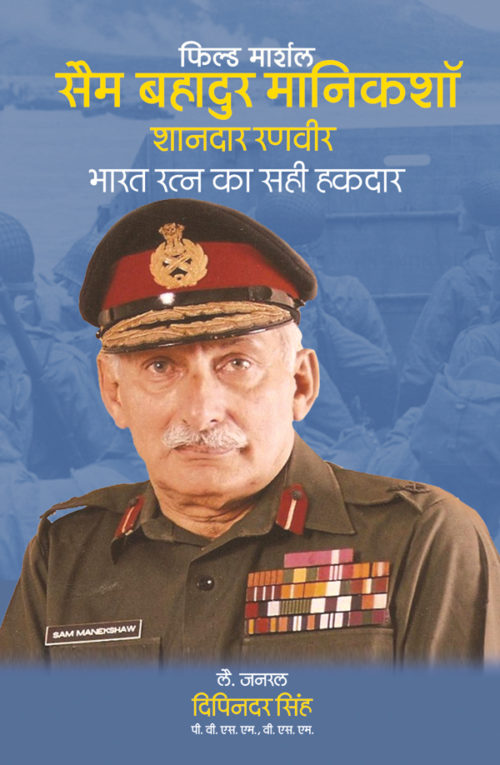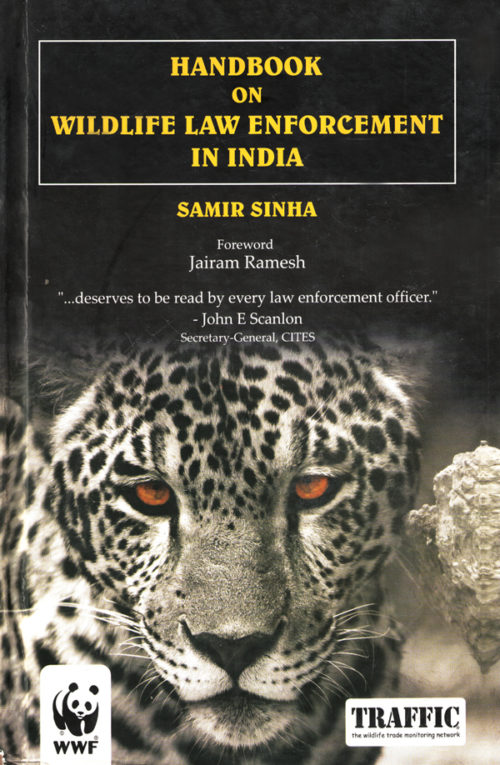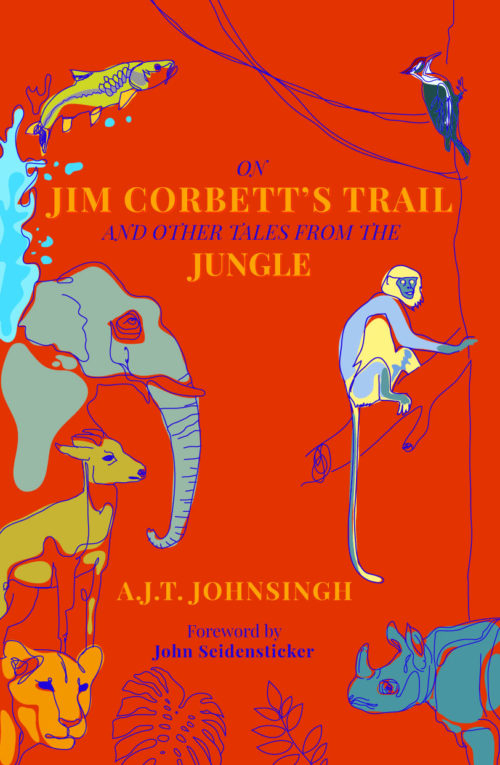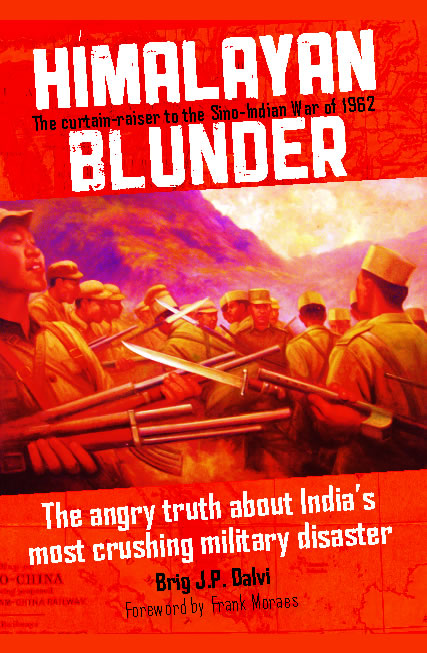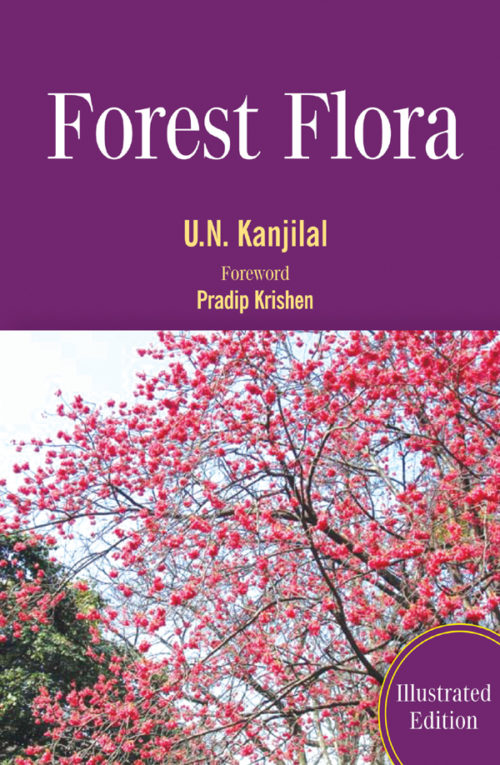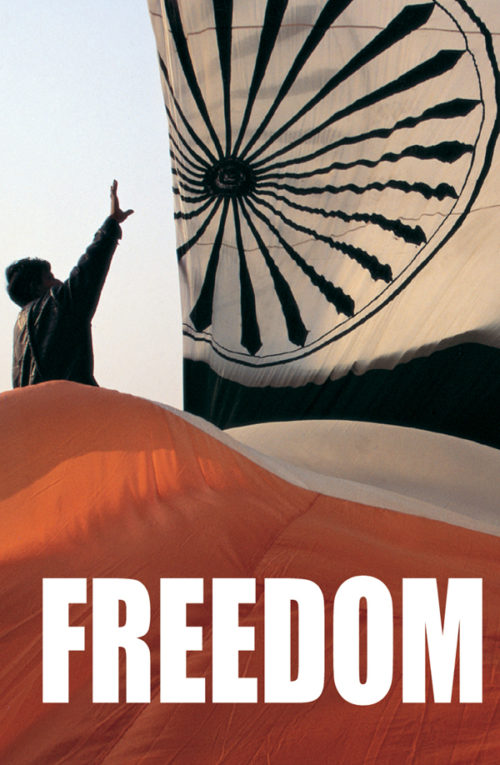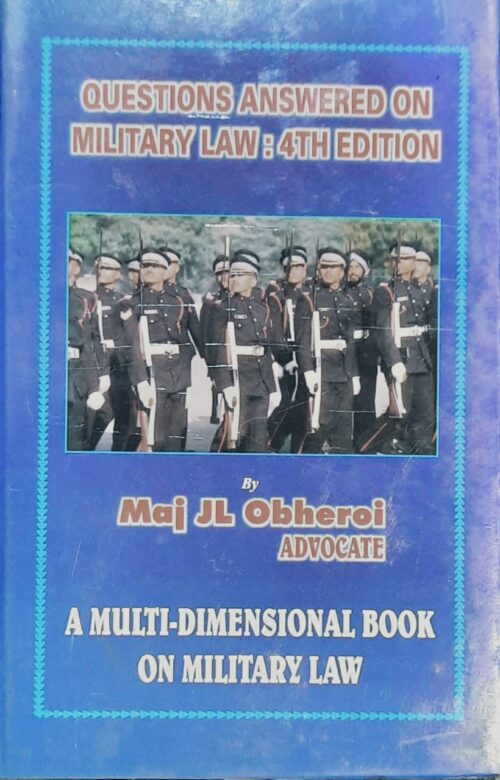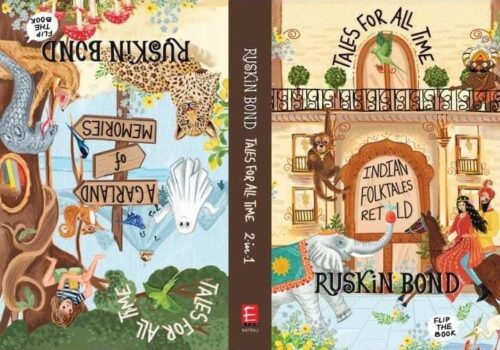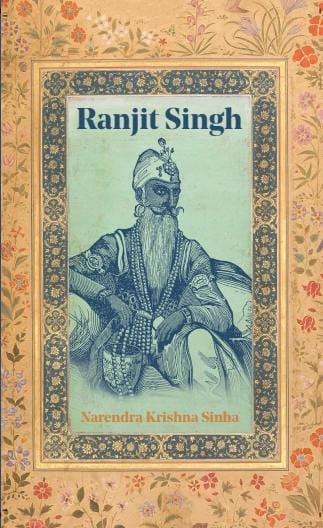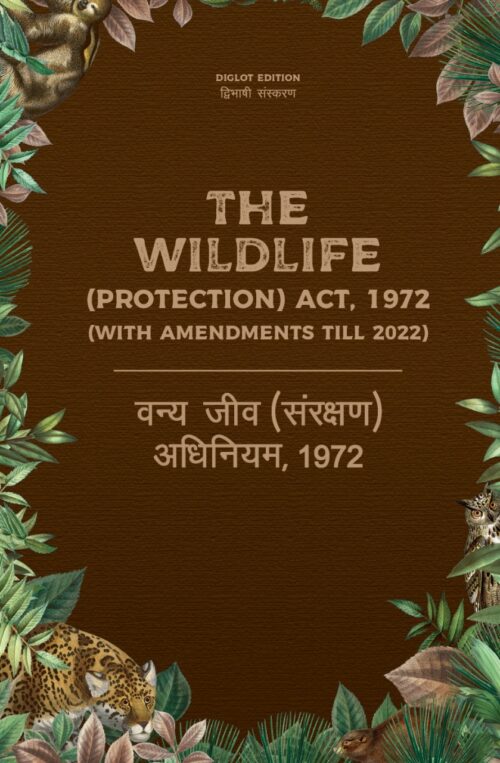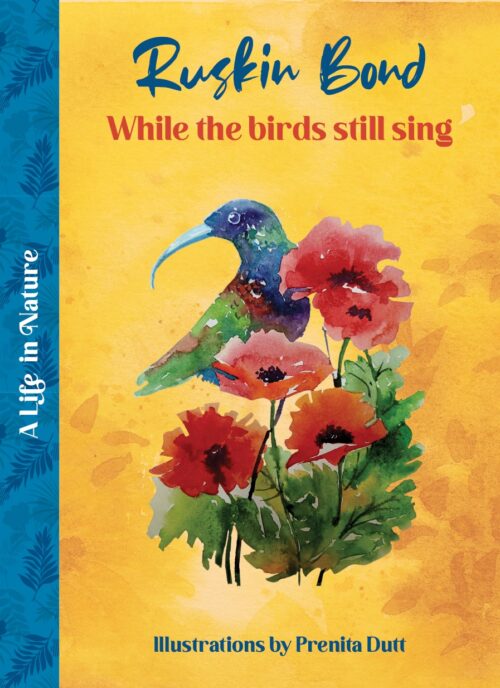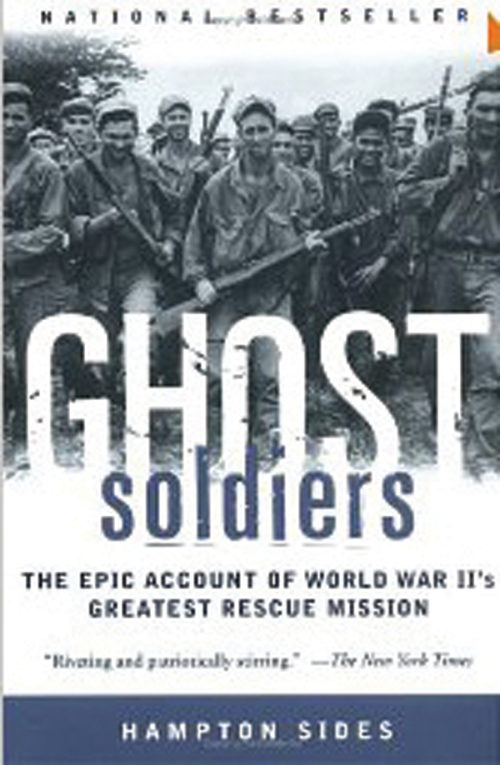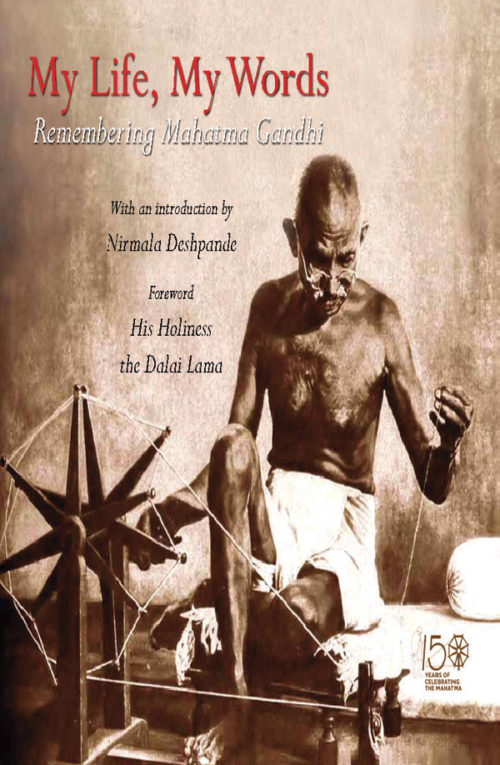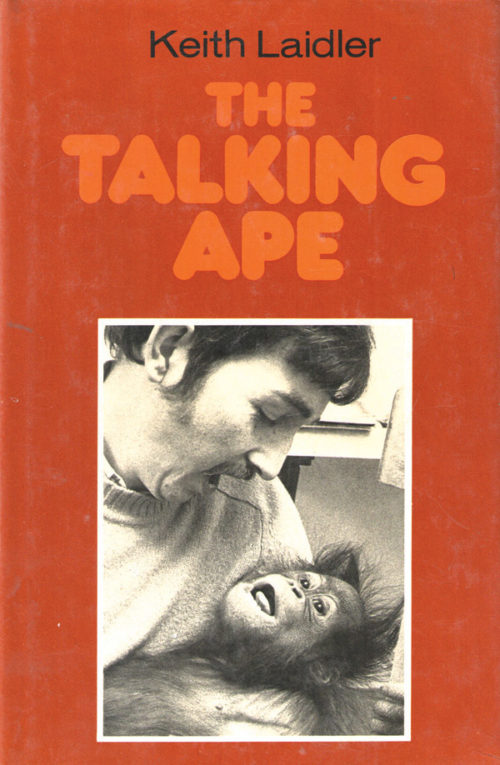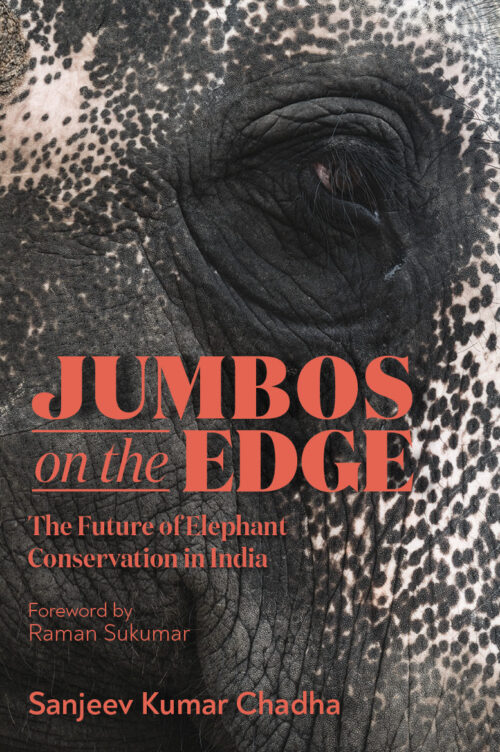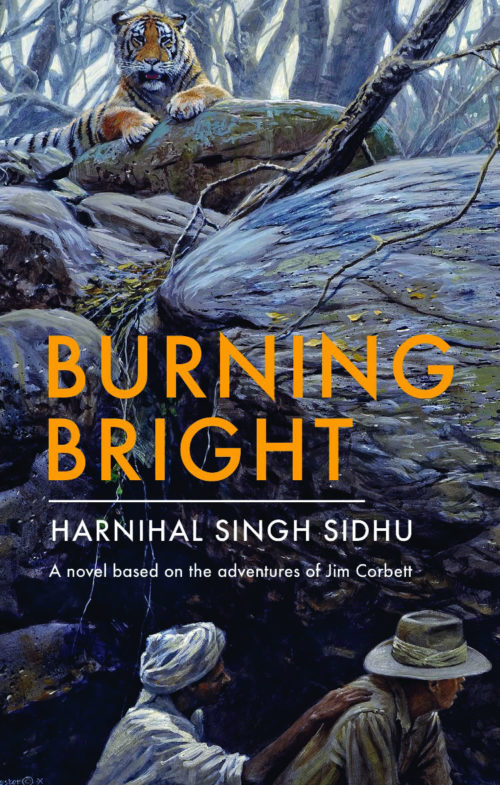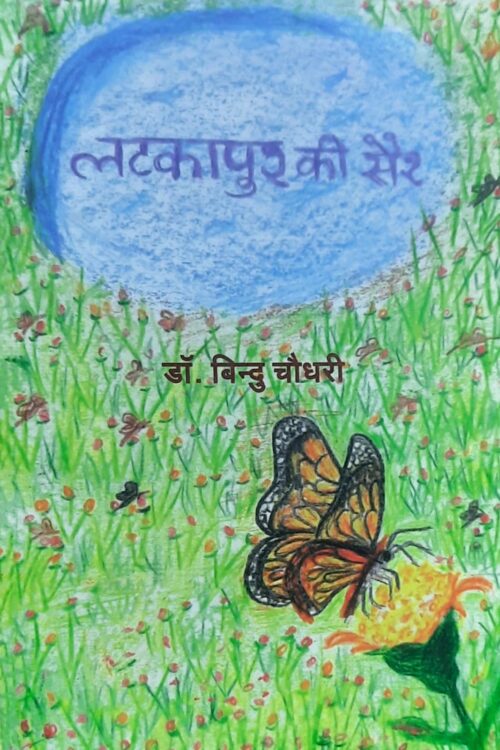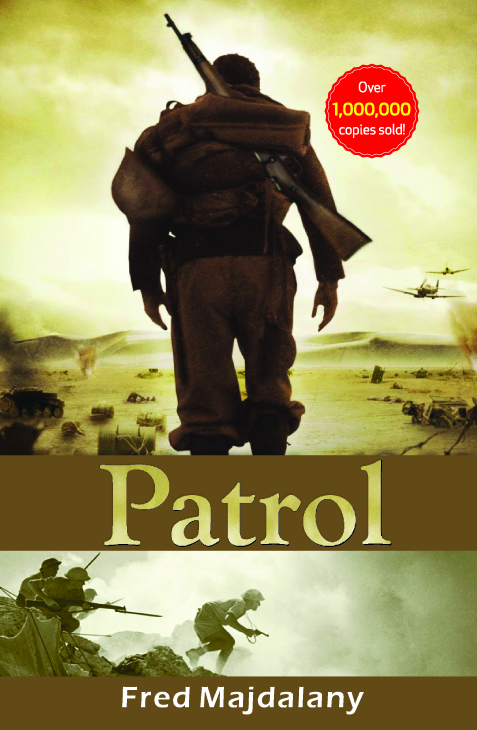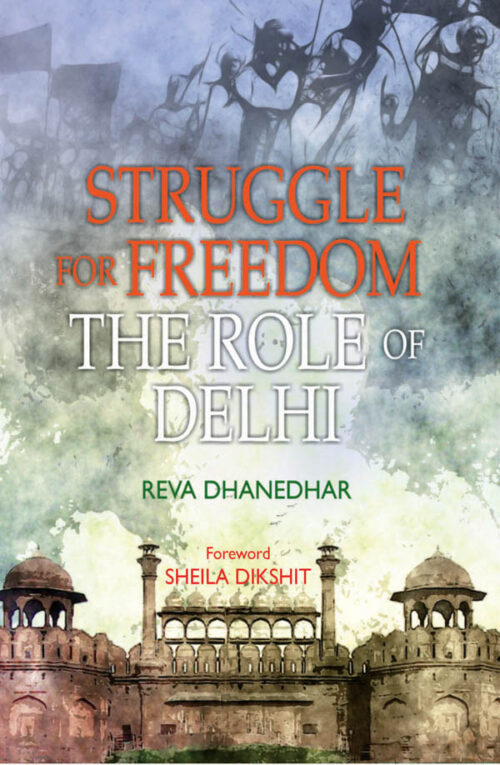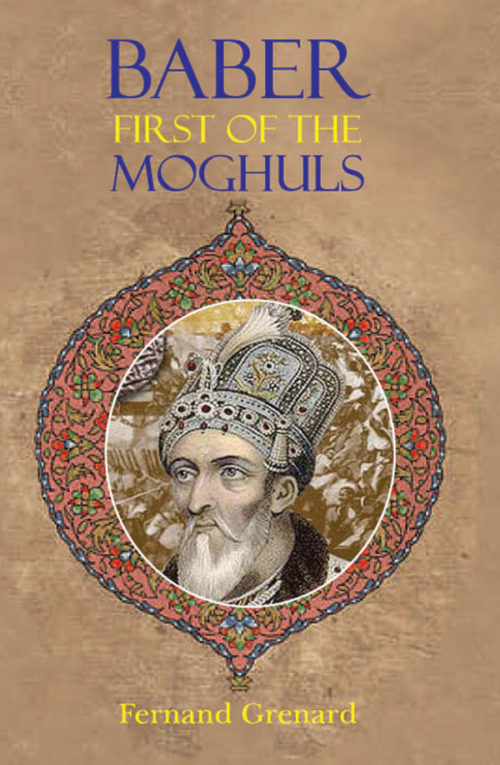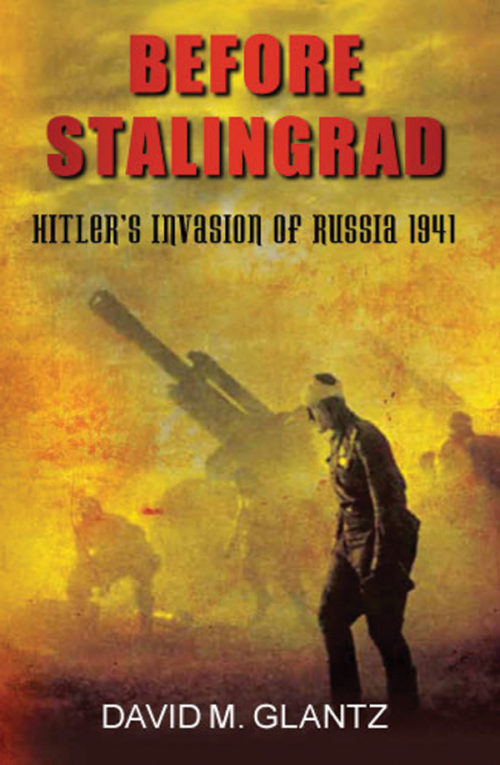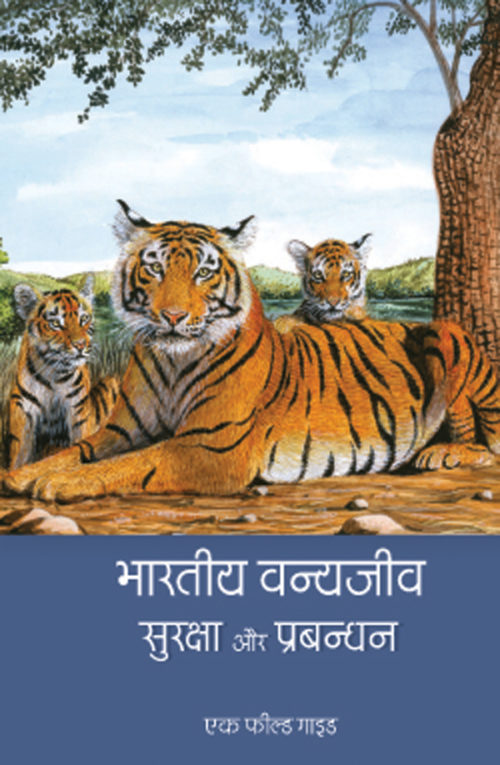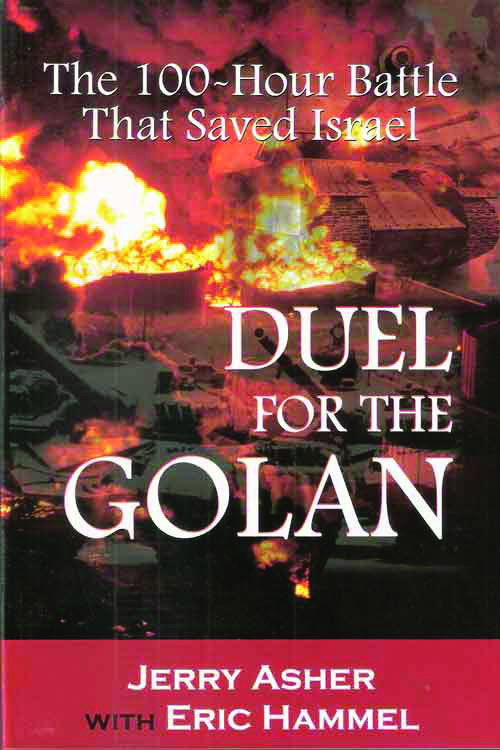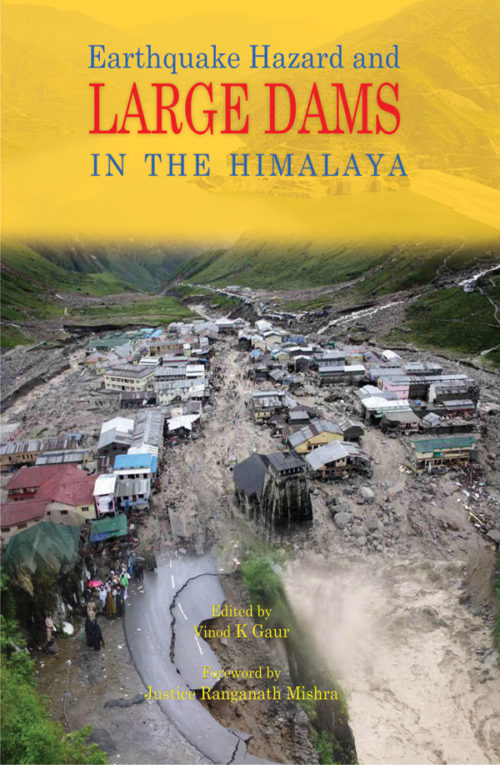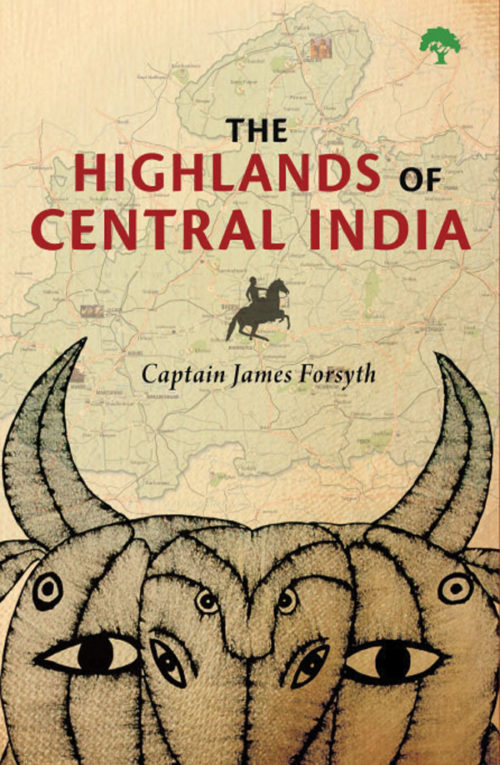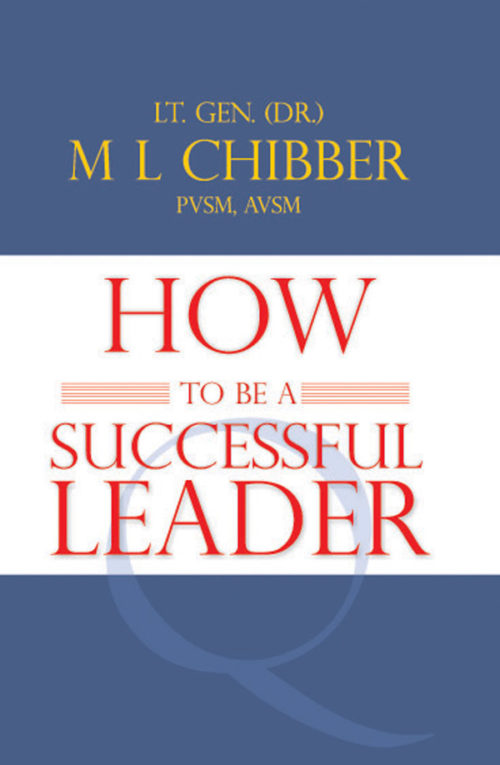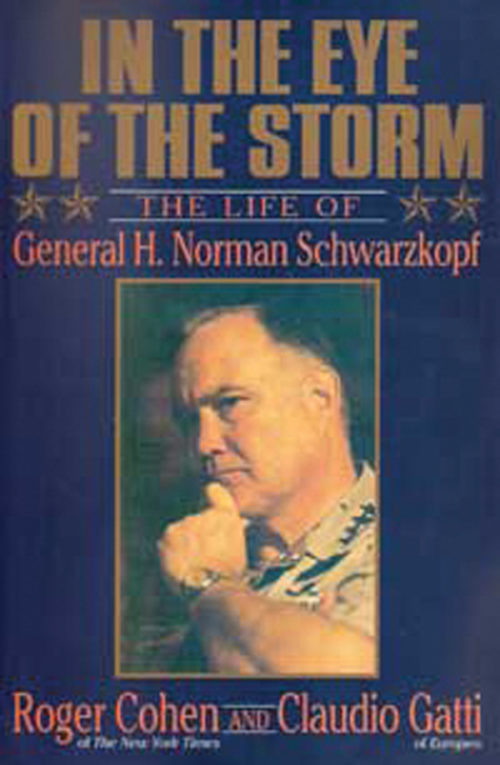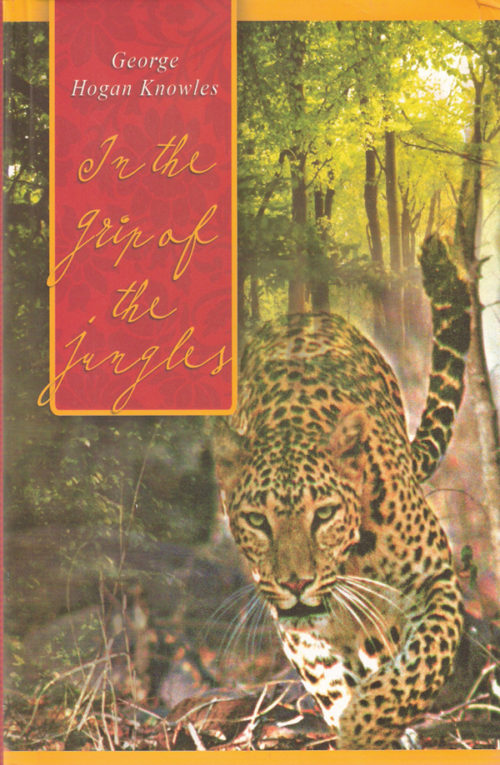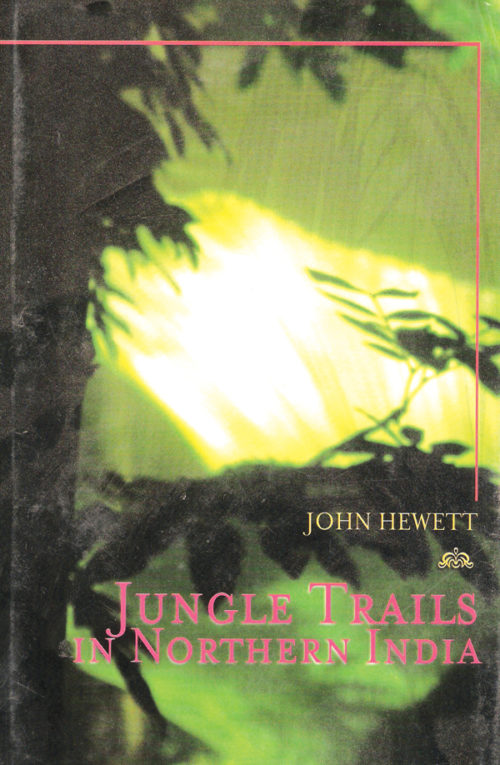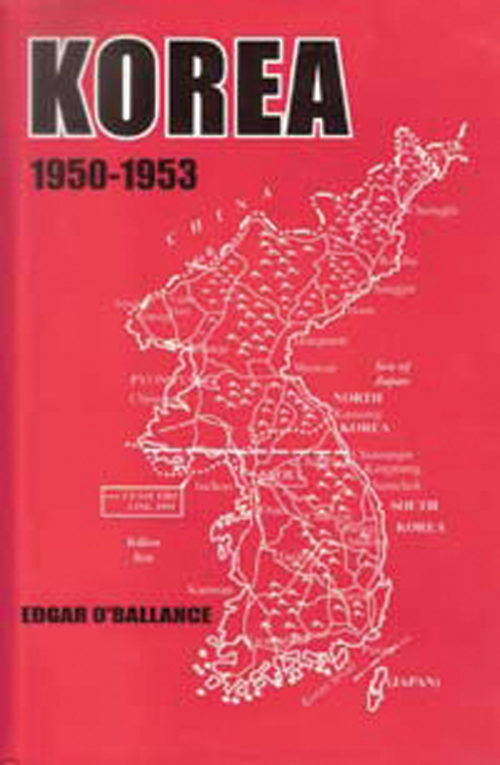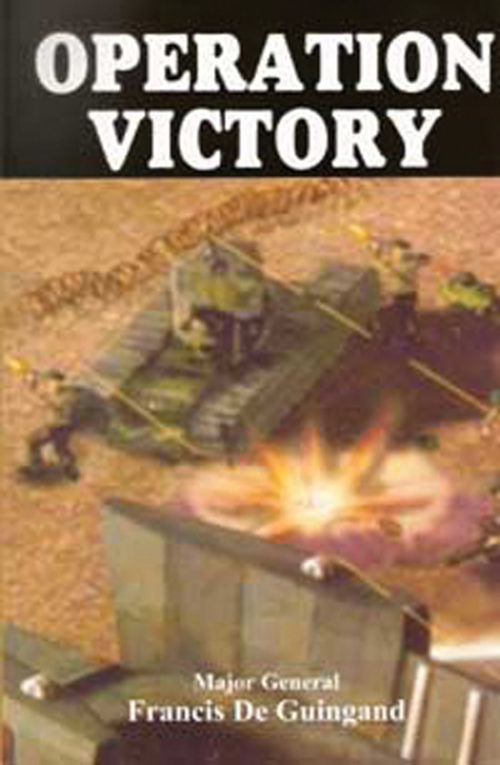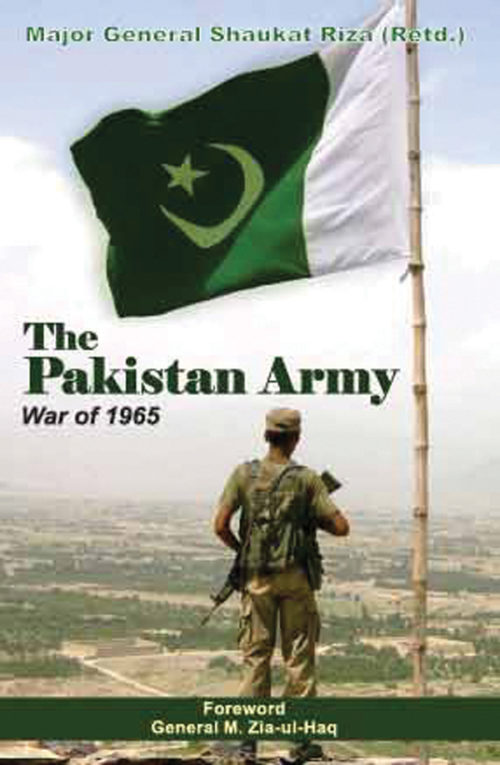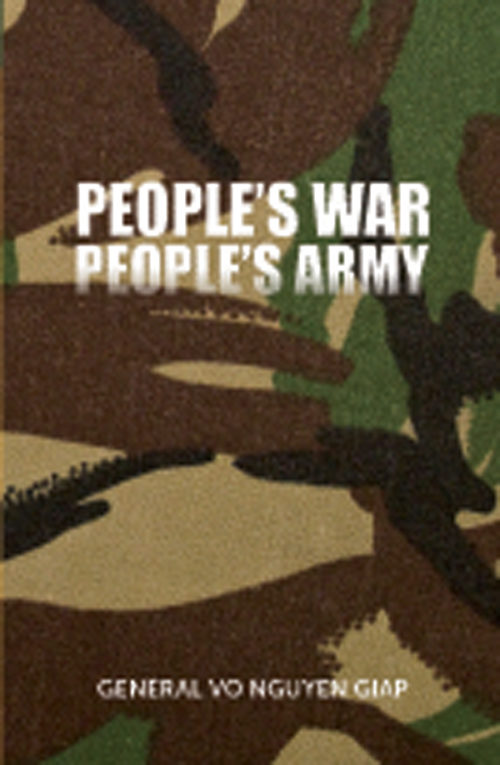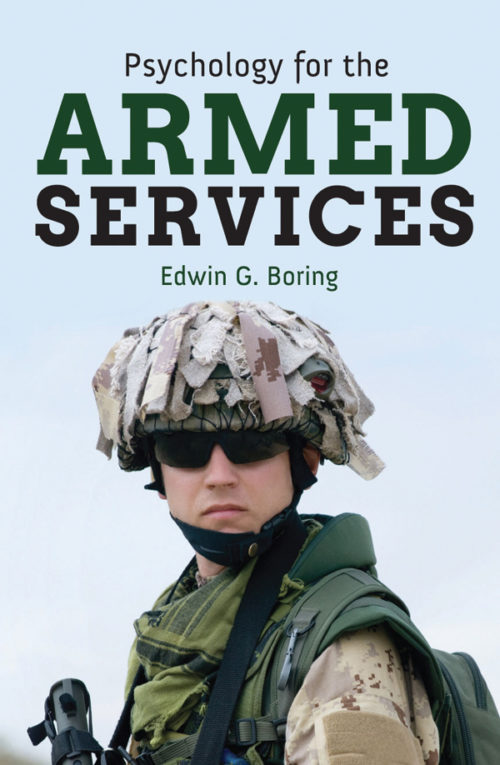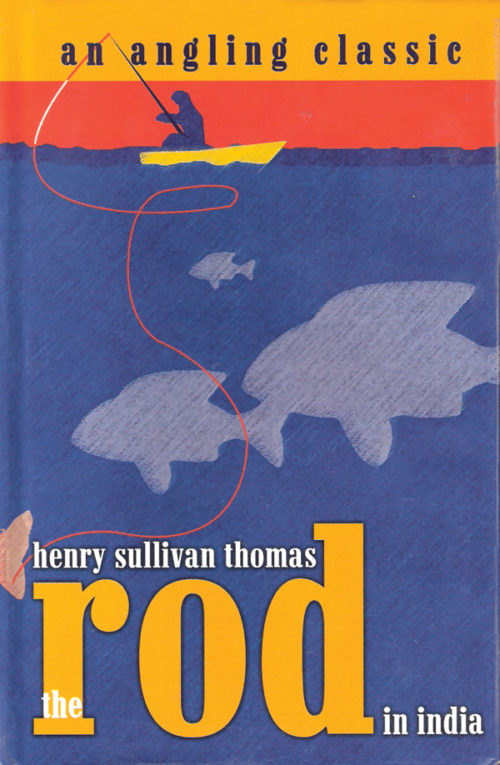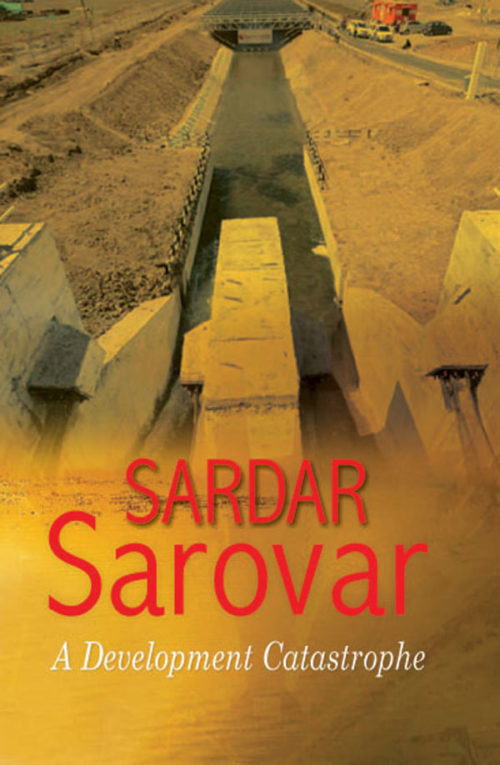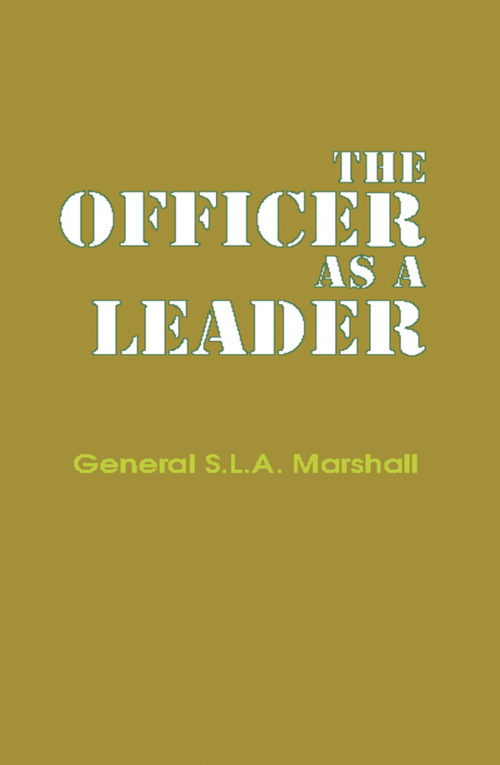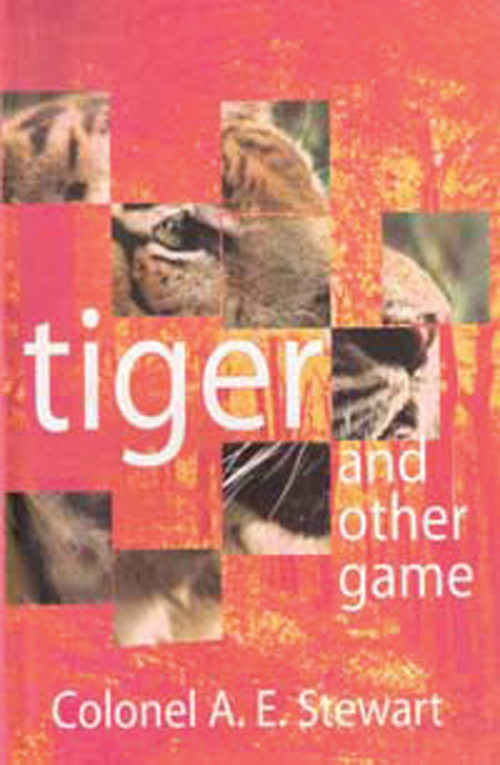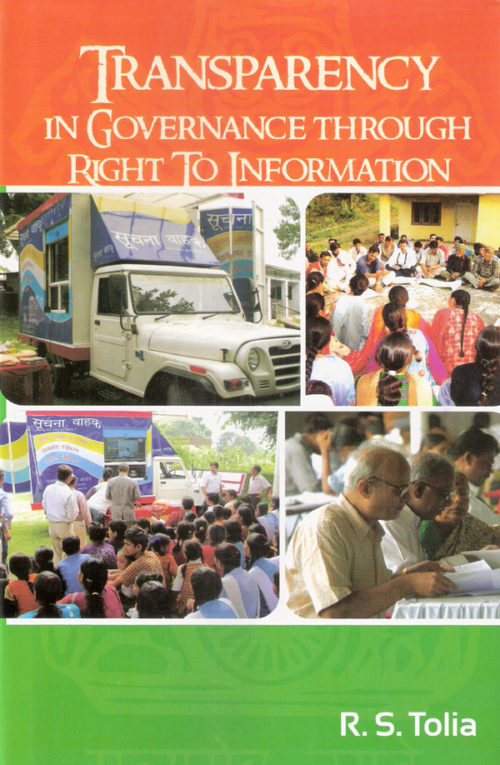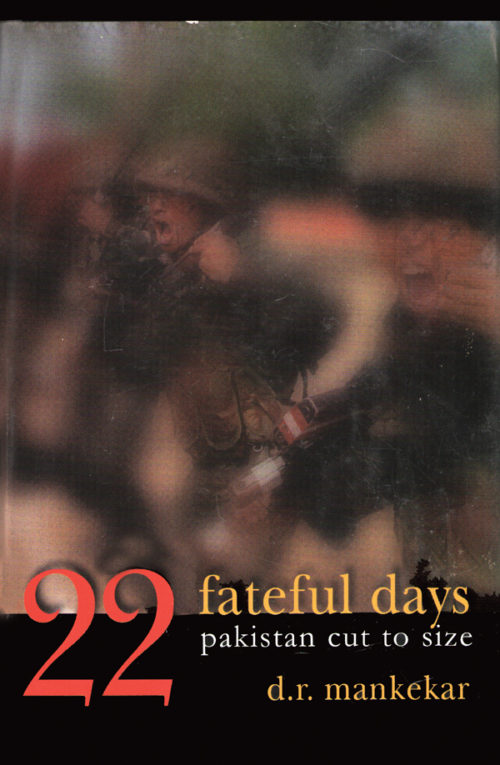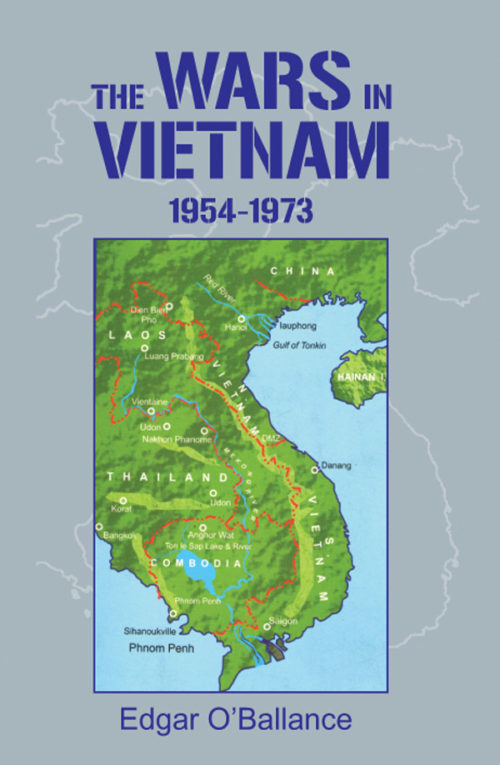-
On War has been a staple text for military generals who have led their armies in battlefield across centuries since its first publication in 1832. It is also an essential rule book to achieve success in any field and thus remains a classic.
-
This is an expose on China’s conspiracy to destroy America as it is in China’s interest to be the supreme super power, economically, militarily and geographically.
-
The most authentic account of the Valley of Flowers, this book also has maps and photographs.It is of immense interest to mounatineers, botanists, gardeners, naturalists, photographers, travellers, and the army chair traveller.
-
-
This is the full story of the military operations in Jammu and Kashmir during 1947-48, undertaken to save that Princely state, which had acceded to the Union of India, from a brutal invasion from Pakistan. The year long campaign saw many triumphs and tragedies, which are narrated objectively and in detail. The Indian Army and Air Force, just emerging from the throes of Partition, and still in the process of reorganisation, emerged from this ordeal with added brilliance and a brighter halo. It is an inspiring saga of heroism, devotion to duty, scarifice and professional competence. Based on careful and exhaustaive research in secret government records, the book analyses the operations and presents the story in simple, non-technical langauge. It should prove invaluable for the intelligensia, the journalist, the reading public as well as the man in uniform.
-
The Doon Valley, distinguished by its singular beauty and by the excllence of its many instuttions has won for itself a place of pre-eminence in the history of India. While its origins as a habitation are shrouded in the mists of time, it holds a place in folklore, legend and mythology. It appears firmly rooted in chronicled history only late in the sixteenth century. Thereafter myths give way to real historical figures and their combats with clash of steel and the bark of muskets as they strive for possession of this fertile valley. Replete with delightful anecdotes and lavish in its praise of the natural beauty of the valley, this book is a perfect addition to every Doon lover's bookshelf.
-
Liddell Hart set out to cover T E Lawrence and the Arab Revolt but as his research grew and his interaction with Lawrence increased, so did the scope of this remarkable biography. What emerged was a man of reflection, of action, liked by many and disliked by many - but as Liddell Hart writes, that is true for any outstanding figure of his time and Lawrence did stand tall, in all that he achieved and in the decisions he took. And what binds both categories of viewpoints on Lawrence is a common admiration for him. The book talks about his achievements, character, and qualities of leadership. It is a testimony to his transcendent powers. Since Liddell Hart is a military historian, the book is a parallel account of the psychology of a warrior, with timeless lessons for officers today.
-
-
This is a book that focusses on two most hard-fought battles in the Indo-Pak war of 1965. This is that kind of book that has the capacity to move all nation-loving Indians.
-
First published in 1964,'Call of the Tiger' by Lt. Col. M.M. Ismail comes at a time when the era of hunting has receded into history, leaving books like it to provide a glimpse of days past. Set in the 1950s, these gripping tales serve as reminder of what the forests of Central India were like when wildlife was more plentiful and widespread that it is today.
-
All the detailed customs and traditions in the Indian Army are put together in this book in simple and lucid language.
-
This book narrates the saga of the nail-biting 100-hour battle for Golan Heights between Israel and Syria.
-
The moral strength of the fighting soldier and the spirit to stand up in the face of the enemy despite the threat to one’s life – is what makes on a soldier. This book discusses the tenets of such willpower and how to fight fear.
-
This book is regarded as the Bible on the ecology of forests. It is sure to arrest the attention of not only students studying forestry but lay readers as well.
-
This book serves as a reference guide on forest engineering which is the foundation of the superstructure of the successful management of forests.
-
"General Giap, the mastermind of the French defeat at Din Bin Phu and War Minister for North Vietnam during the years of American involvement, was a unique leader and s strategiest of guerilla warfare. This book is based on source material relating to Giap's early participation in the Communist movement, his activities during The Second World War and his leadership of the armed force of the armed force of the Viet Minh against the French. The author assesses Giap not only ex post facto by what his plans actually achieved, but also by the quality of the decisions which he took as first step in achieving a military result. An attempt has been made to provide a comparison of facts from which value judgements may be made. "
-
This controversial book, written by Brigadier J P Dalvi, laid bare the caustic truth behind Indian crushing defeat in the hands of China in 1962.
-
A fascinating autobiography of the master tactician and the Soviet hero of World War II.
-
This book is one of the best books written on the 1965 war.It offers a comprehensive understanding of the roots of Indo-Pak conflict. Fcousing on the 1965 war, this book begins with discussing the game plan of the major world powers that affected the Indo-Pak War. It offiers a very useful and informative account of the lineage, growth, weaponry, ethos, and operational doctrines of the Armies and Air Forces of India and Pakistan. The easy style and quick pace of the book make it stand out among other books on the war.
-
Here is the story of a hero , the story of young Jonathan, the Commander of the Entebbe Rescue Force, who gave up his life in Operation Thunderbolt to rescue passengers of the plane hijacked by international terrorists.
-
This book, covering the European part of the Second World War, stands as one of the masterpieces of military history.
-
This book is an erudite and intimate illustration of the glorious career of General Thimayya by his close associate and comrade-in-arms.
-
Written in a light and humorous style, this is the exclusive and official biography of FM Sam Manekshaw, in its revised and updated form. -
The moral strength of the fighting soldier and the spirit to stand up in the face of the enemy despite the threat to one’s life – is what makes on a soldier. This book discusses the tenets of such willpower and how to fight fear. -
This book is regarded as the Bible on the ecology of forests. It is sure to arrest the attention of not only students studying forestry but lay readers as well. -
This book serves as a reference guide on forest engineering which is the foundation of the superstructure of the successful management of forests. -
This book provides a colour guide on how to enforce our wildlife laws in the field. It provides a colour photographic format to catch poachers, as it describes their working style and methods. -
This book is nature writing at its best from the heart of India's forests. Dr. Johnsingh takes the readers across India's national parks and tiger reserves and as the reader takes in the sense and smell of the forest, the author shares his environmental concerns for the area and possible solutions for conservation. Jim Corbett has been a lifelong inspiration for the author and the first section of the book traces Corbett's paths along the forests as they were decades ago. According to John Seidensticker who has written the foreword, "Going for a walk in an Indian forest with Dr. A.J.T. Johnsingh is simply one of the finest experiences you can have in life. There is his good humour. There is the joy in his steps when he is walking in the forest. He walks to live, and lives to walk – and it shows. And you feel good because he is so at home in the forest. He is ever alert; completely aware of all that is going on around him…. Dr. Johnsingh is legendary for his ability to find and see wildlife. Nothing goes unnoticed… And if you are impressed with his enthusiasm on a walk in the forest, just wait until you go looking for mahseer with him."
-
"Himalayan Blunder: The Angry Truth About India’s Most Crushing Military Disaster" is Brigadier J. P. Dalvi’s retelling of the Sino-Indian war that took place in 1962 - a war that India lost. Dalvi fought the war as the Commander of the 7th Infantry Brigade in NEFA (North-East Frontier Agency). His account of the war is graphic and telling. He was captured by the Chinese forces and held for seven months. As a participant of the war, he was privy to all that went on at the battlefield as well as behind the scenes. Based on his firsthand experiences, he recounts the events that occurred between September 8, 1962 and October 20, 1962. As early as 1951, China silently and steadily began to work its way onto Indian soil. Even in the face of indisputable evidence, India insisted on maintaining cordial relations with the Chinese. China seemed only too happy to play along. Dalvi narrates the manner in which India’s own political leadership traitorously worked against its cause. In no uncertain terms, he holds three men responsible for India’s defeat - Jawaharlal Nehru, Krishna Menon, and General Brij Mohan Kaul. Issuing orders from Delhi, they seemed to be clueless about the situation on the battlefield. Undoubtedly, when they were rushed into battle, the Indian soldiers - underfed, ill-equipped, and unprepared as they were - never stood a chance against the powerful Chinese army. Regardless of that, the soldiers fought bravely and laid down their lives for their homeland. Dalvi claims that the apathy and the sheer ineptitude of those at the helm of India’s political affairs sacrificed hundreds of valuable lives. Brigadier Dalvi’s detailed narrative of the massacre of the Indian soldiers, a horror that he witnessed firsthand, is heart-rending. The book was published in 1969. Among all the books based on the subject of the 1962 Sino-Indian war, this book is considered to be one the most striking and authentic versions. Due to its sensitive subject matter and its portrayal of India’s leaders in a harshly negative light, the book was banned by the Indian Government upon its release. Brigadier John Parashuram Dalvi was an Indian Army officer. During the Sino-Indian War of 1962, he was the commander of the Indian 7th Brigade, which was destroyed, leading Dalvi to be captured by the People's Liberation Army on 22 October 1962. Dalvi was commissioned into the Baluch Regiment. To the end of World War II he served with the regiment's 5th Battalion. He took part in Field Marshal Sir William Slim's pursuit of Japanese Army. From October 1944 to March 1945 he saw fighting with 19th Indian Division notably at the Crossing of the Irrawaddy. For his services he was mentioned in despatches for gallant and distinguished service. In 1945 he was selected to join the staff of General Sir Montagu Stopford, GOC XXXIII Corps and later GOC-in-C of 12th Army Burma In 1947 he was posted as instructor to Indian Military Academy, Dehradun. He was then moved to 5 Gorkha Rifles as 2nd in command. In 1949 Dalvi was attached with Brigade of the Guards. In 1950, he was selected for Staff College, which he graduated in 1951. He then commanded the 4th Battalion, Brigade of the Guards and later 2nd Guards. In October 1960 he was given an accelerated promotion to be appointed as Brigadier Administration to XV Corps. In January 1962, he was given the Command on 7th Infantry Brigade in NEFA and fought in the Sino-Indian War. He was taken Prisoner of War on 22 October 1962 and was repatriated in May 1963. On his return to India, he wrote his account of the war. He died of cancer in 1980.
-
-
This is an elegant and ideal souvenir from India. With unique design and format, the book is a collection of quotes, thoughts and ideas laid out in elegant design. Its literally a pocket sized book with an attached metal Indian flag at the end of a ribboned bookmark.
-
This is a comprehensive and easy to read book on Military Law for officers in India.
-
This is a collector's edition of two of Ruskin Bond's favourite books in one upside down edition! "Tales for all Time" brings together "A Garland of Memories" which is a collection of biographical short stories with "Indian Folktales Retold" which is an interesting retelling of India's famous folktales. In vintage Bond style, expect this collection to make you smile, laugh and cry.
-
Sinha's work brings together a mass of information on Ranjit Singh as a soldier, a great diplomat and an exemplary statesman. After the collapse of the Mughal Dynasty, Ranjit Singh, founder of the Sikh rule in Punjab, steered his ambition to expand Sikh power in the face of Afghans in North West India and the British East India Company. The book gives a detailed account of how Ranjit Singh navigated his relationship with the Afghans on the one hand and his Indian and British neighbours ( The East India Company) on the other. The author also meticulously lays out information on the government, institutions and policies under the rule of Ranjit Singh, inclduing an estimate of the Sikh military system. The Sikhs formed one of the most formidable mlitary powers in India.
-
This is the bare act in both the languages - Hindi and english - running alongside for easy reference.
-
From his abode in the mountains in the foothills of the Himalaya, India's most loved author, Ruskin Bond has observed the beauty and serenity of nature, unspoilt. For over sixty years, the mountains, forests, birds and animals have inspired innumerable stories and tales by India’s favourite author. In this book, a selection of his most insightful, informed, wise and witty writings about nature are brought to life by a collection of watercolour illustrations by artist Prenita Dutt. If you had ever forgotten that humans too are creatures of nature, this book will reconnect you to your habitat. Nature, through Bond’s delightful words, will educate and enlighten.
-
-
This is an elegant coffee-table book in black and white of quotations by and on Mahatma Gandhi. It also has quotations by people on Gandhi who met him. It is interspersed with photographs from the Gandhi archives in New Delhi. Its an inspirational book for all with a foreword by His Holiness the Dalai Lama.
-
The renowned writer Compton Mackenzie sets out on the uneasy and difficult task to define moral courage in this intellectually stimulating read.
-
"This book tells the real history of Adolf Hitler's doctors based on the remarkable secret diary of his physician Professor Dr. Theodor Morell and other papers. The Morell Diaries vanished in 1945. But turned up in 1981 in the National Institute of Health in Maryland in the United States of America which transferred them to the National Archives. Was Hitler clinically mad? What diseases laid him low in 1941 and 1944 - at crucial moments in his nation's history? British historian David Irving was the first to find, identify, transcribe, translate, and publish these vital records. The extraordinary diaries of Hitler's doctor and the accompanying dossier on his ""Patient A"" refute many wartime legends bout Nazi Germany's Dictator. "
-
Major John howard's name will long be remembered and revered for his daring and charismatic leadership of the sensational and important coup de main Pegasus Bridge operation. The Pegasus Diaries make the fullest use of John Howard's writing with significant input from his daughter Penny Bates. We are left to judge him on his merits but, whatever the verdict; there is no denying his courage, achivements, honesty and humanity.
-
"Speech is what distinguishes man from the apes – or so many scientists believe. Keith Laidler, a young anthropologist, was sceptical. It seemed to him that this was one more way in which man conceitedly over-estimated himself. In defiance of such prejudice, Laidler set about teaching a baby orangutan to talk. For a year and a half Cody was raised in ‘human’ conditions. He wore nappies, slept in a cot with a teddy bear and played games. As Laidler had hoped, Cody’s physical and intellectual development kept pace with - sometimes outstripped - that of a human baby. But how was his teacher to make Cody understand that he wanted him to ‘talk’? Slowly, patiently, Laidler devised ways of getting the young ape to imitate his own movements and sounds. And to his delight, once Cody grasped what was expected of him, his progress was astonishing. Keith Laidler has written a fascinating, funny and moving account of his life with Cody. His ‘experiment’ provided the scientific establishment with controversial new material. But perhaps a more significant outcome was the bond of affection that developed between the man and the young ape as they worked and played together: a bond which all animal-lovers will understand, and which defies all those who doubt the sensitivity of ‘dumb animals’. "
-
One of the best books on the Pacific Campaign of 1941-45. -
"arranting immediate and long term solution. This is an excellent book which throws light on mitigation measures to be adopted in elephant landscapes fragmented by varied land uses, including heavily used infrastructure. This timely publication would be extremely useful for field managers, stakeholder departments and policy makers." - Dr. Rajesh Gopal
India faces a serious challenge today towards long term in-situ conservation of the elephant population. This is a timely publication as it explains issues related to elephant depredation in the human enclaves and fragmentation of elephant landscapes across the elephant range. The Field Managers and policy makers would benefit from the studies on alternative cropping patterns as mitigation strategy in and around the forests where interspersion ratio of forests and crop lands is a major cause of elephant depredation.
The book would be extremely useful for field managers, stake holders from different departments working in the elephant landscapes. The challenge of increasing linear infrastructure through the forest landscapes is a serious one. The book deals at length with the mitigation strategy to be adopted in linear projects like national highways, railways, irrigation projects, transmission lines, etc. These strategies can be incorporated in the project right at the inception stage so as to reduce the impact on the wild life. The designs of different mitigations explained in the book can be suitably changed to different landscapes in the country. -
The man eating tiger has speed, agility, muscle power, lightning reflexes and a ferocious killer instinct. It weighs 500 lb. The man has a cool head, a sure eye, a rifle and two brass cartridges. He weighs only 160 lb. The tiger growls, bursts out of the long grass, and launches itself . . .This was the drama that played out in the life of the legendary writer and conservationist, Jim Corbett, on several occasions. For him, the hunt was not about trophy tiger skins, or for the prestige of being a famous shikari – but to save lives when a man eater was on the rampage. Born in Kumaon, Corbett grew up in the jungle. He was well versed with its laws, and heunderstood its language. This hunter of the man eaters went on to become a die-hard conservationist, working to preserve and promote the majestic tiger. He harboured a great love for India and its people – of all castes and creeds, which is evident through all his writings.In a novel inspired by Jim Corbett's life and writings, author and conservationist, Harnihal Sidhu tells the epic tale of India’s most famous tiger hunter and conservationist. Corbett's journey was a difficult one, with moments of wild joy, suffering and heartbreak.Burning Bright is not a biography, a formal history or an academic study. It is a gripping tale told by a charmed storyteller, based on the life of a great man. Sometimes, the shortest road to the clearest view runs through the land of fiction.
-
This ununsual and interesting illustrated book uses a simple yet effective method to teach young children the Hindi alphabet in a fun manner that is easy for them to remember, spell, speak and use. The book is just as useful for language teachers and instructors to refer to in the classroom to make language learning innovative and effective.
-
A superb novel about the men who fought in the North African Campaign. Major Tim Sheldon is an infantry officer in North Africa. He has been on many patrols. Now they've asked him to go on one more - the longest and most dangerous of all. He could beg off, but he wont... This is the story of Sheldon and his squad, of their nightmare war of lost nerves. In this book, you will meet men not unlike other men except they are at war, and lost, and alone. And you will witness the workings of a certain quality, a human mystery that makes men rise to things they never thought they could do. This book is about that one attribute.
-
This book tells us the important role of Delhi in the Indian Independence movement. A tribute to Delhi on its hundreth year as the Indian capital.
-
This book deals with Zahiruddin Babur's extraordinary journey from a pauper prince in distant Kabul to the founder of the Mughal Empire in India.
-
This excellently written book by wll known writer David Glantz challenges the time-honoured explanation that poor weather, bad terrain, and Hitler's faulty strateguc judgement produced German defeat, and reveals how the RED Army thwarted the German Army's dramatic and apparently inexorable invasion before it achieved its ambitious goals.
-
This book has been created with the idea of having a training manual in hindi on conservation and its implementation for the field. It raises all the important conservation concerns in Hindi and explains solutions and consequences. Written by one of India's leading foresters, it is a must have for all those working in conservation.
-
This is a real-life account of the most crucial battle against terrorism by Israel in the 1973 Yom Kippur War.
-
This book poses a strong case against large dams and how they make way for dangerous earthquake hazards.
-
Howard's well known " Forect Pocket Book" provides a 'standard operating procedure' for field employees of the Forest Department towards the successful achievement of their objectives. The contents of the Pocket Book reval a wealth of field experience and painstaking devotion to the subject by the author.
-
Written by an offcial of the British Raj, this an enjoyable accont of the jungles of Central India.
-
"These and more important questions are answered in this book. How to be a Successful Leader has become a textbook on leadership in India. This unique book talks about strategies to help you identify your leadership strengths, achieve your goals and increase your self-confidence, become a team player and strengthen cooperation among associates, balance work and leisure, control your worries and charge your life. It is important for a leader to motivate other to excel, build the team's self-confidence, provoke positive change, set direction, encourage smart risk-taking, manage with tough empathy, credit others for one's own success, increase self-awareness, and most importantly draw strength from adversity. "
-
General H. Norman Schwarzkopf, a distinguished army officer, led USA to victory in the First Gulf War. This book tells the story of his eventful life. A must read for all those interested in military history and stories of leadership.
-
This book is an enthralling treasure house of exciting jungle trails.
-
This is a chatty memoir about travels across the Indian jungles, written more than sixty years ago.
-
This is a captivating account of the war in Korea.. It was a war in which full scale Chinese army clashed for the first time with a western one. Communist Psychological warfare techniques were used but above all, it was a war bedevilled and complicated by power struggles between generals and statesmen.
-
This book is a brilliant personal 'history', as the author was always reluctant to call his work a historical one. He was a staff officer for most of the war brokering some significant conversations between Eisenhower and Montgomery during times of tension between these two strong willed commanders.
-
The 1965 conflict between India and Pakistan may not rank among major wars, but within their limited resources, the two nations did manage to fight each other to a standstill. This book has perspective as well as detail. Major General Shaukat Riza visualises each aspect of the war in its entirety and does justice to al the operations carried out in course of the war.
-
Giap's book is now an evergreen bestseller!
-
This is the best book on military psychology ever written!
-
The book is aimed at naturalists and sportsmen alike and presents in simple language the natural history of fish found in India.The author has attempted to impart a love of Natural History to fisherman and to gain amongst them more friends for pisciculture in India. The book is considered to be a bible on Indian fishes and fishing in India. The text is accompanied with ninety-six illustrations to help you recognise easily what you have caught besides a chapter on fishing localities that one can go to, experiences anyone can have and knowledge that can be put to good use.
-
This book is the first independent assessment of the Sardar Sarovar Project. Its findings and conclusions are of significant importance to environment policies of the future.
-
The Officer as a Leader is remarkable book on military leadership, wherein the author discusses the psychology of a leader and what it takes to be one. In this now famous book, he points out the thirteen mistakes that every leader should avoid that are now as well known in Armies across the world as are the Ten Commandments
-
This book is an enjoyable romp through the jungles of India, with a man who knows it all!
-
Former Information Commisioner, Dr Tolia looks at the impact of RTI and how it has led and can lead to transparency in governance.
-
This volume seeks to put the twenty-two day war in proper perspective and takes stock of the fighting, in so far as it is permissible, evaluating its political and military impact on the Indo-Pakistan subcontinent, eliminating mis-emphasis and arriving at a sober assessment of the fateful events.
-
This book is a brief account of the course of the war that took place in Vietnam between 1945 and 1973. It was the type of struggle that gained prominence in the 20th Century and is usually referred to as Guerrilla warfare.
-
This book poses a strong case against large dams and how they make way for dangerous earthquake hazards.
